Former prison worker reveals ‘toxic’ staff were the major cause of her trauma
A former prison worker tells her extraordinary story about life working with Aussie inmates, and the shock reason so many staff start to unravel.
True Crime
Don't miss out on the headlines from True Crime. Followed categories will be added to My News.
“Toxic” staff make working in Australian prisons like “the Hunger Games” and inmates are often better company than co-workers, an ex-corrections worker claims.
The officer quit prison work after years of trauma - including seeing an inmate covered in self inflicted stab wounds, including to his throat.
“You think ‘oh my god they weren’t like that when they started...They just became people I’d prefer to avoid,” Maggie, who asked her identity be withheld, said of watching people unravel over time.
It was “exactly like the Hunger Games” where people talked behind your back and questioned every decision made.
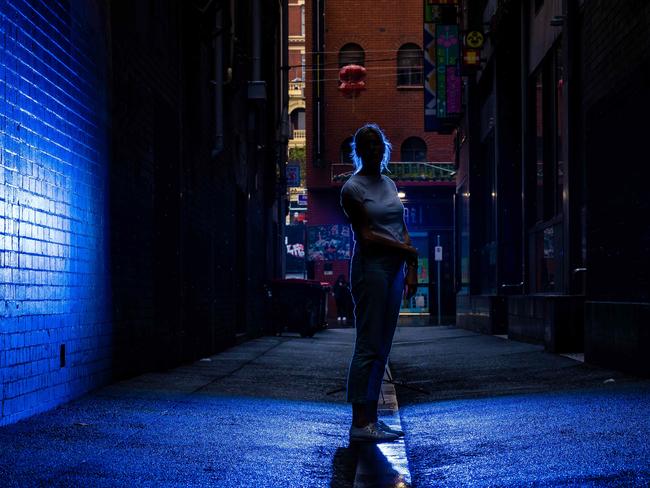
“I’ve never had issues with prisoners...it was never the prisoners. It was the staff. I think it was the staff that probably contributed to a lot of the trauma that I faced working in that environment - which is just wild,” she told News Corp.
Maggie said Australian prisons need to change the way they cared for their workers.
“As corrections officers, we throw sand in each other’s faces 95 per cent of the time and then five per cent of the time they actually come together and support each other.”
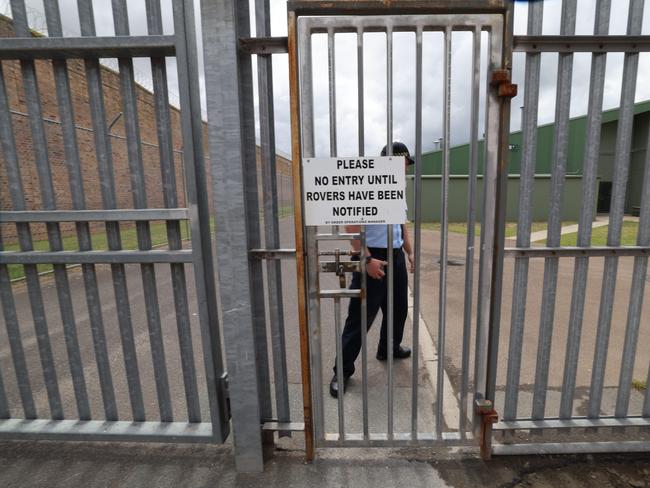
Maggie said without urgent change, Corrections would keep “smashing through recruits year after year, month after month”.
Maggie speaks to social worker Bruce Perham on the Trauma from the Frontline podcast aimed at correction officers and frontline responders.
Mr Perham, who has worked in high security Australian prisons, said the term “corrections fatigue” was started by Dr Caterina Spinaris in the US who found at least a third of corrections staff suffered trauma.
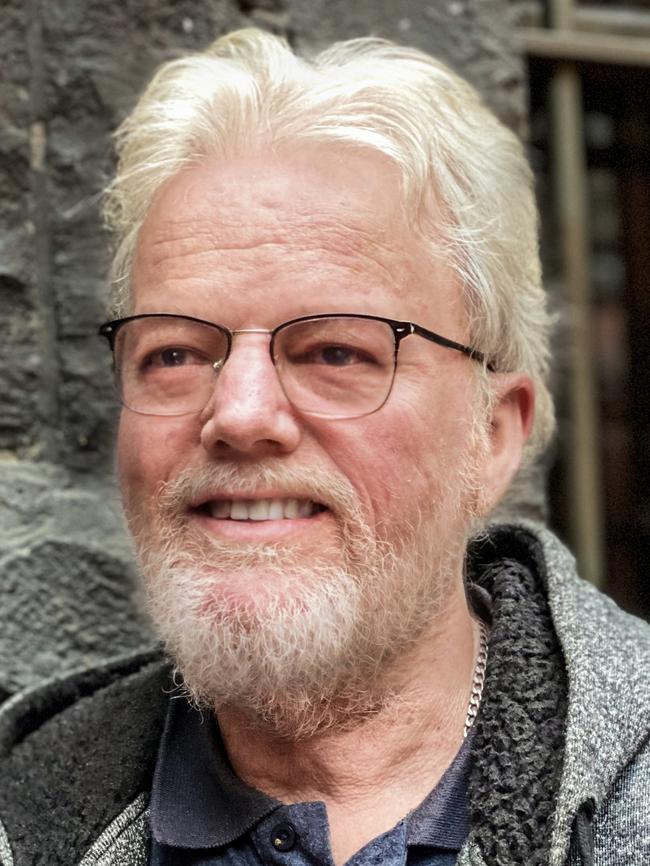
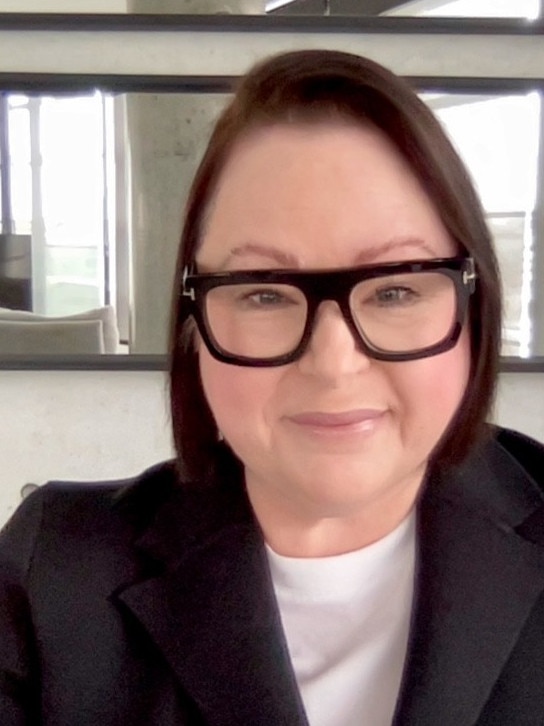
“This is something that’s really hard for organisations to get - it’s not just the individual - you’re actually dealing with a whole 30 to 40 per cent of your workforce that is at some point on the scale of trauma. And so then you start to get the poor behaviour, the bullying and harassment starts, where officers are in conflict with each other,” Mr Perham said.
“The irony of that is they will be there to work to support each other [in tense situations] but their relationships are deteriorating and there’s malicious gossip going on and negative behaviour.”
After studying corrections fatigue in the US, he was shocked to see it playing out before him when he worked in Australian prisons.
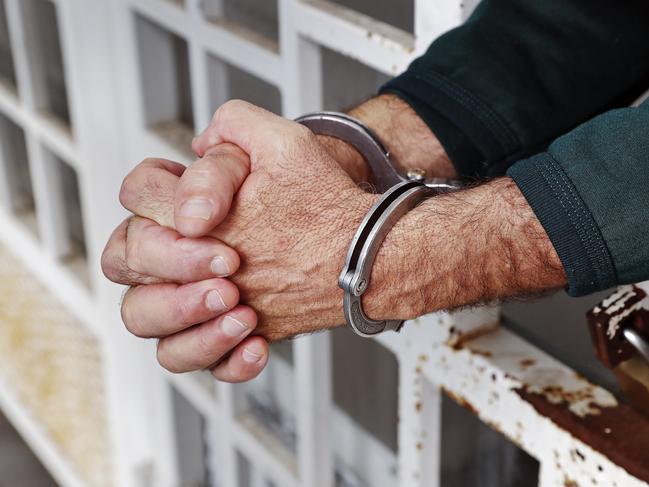
Dr Erin Smith has specialised in the trauma suffered by first responders and is now CEO of the Dart Centre Asia Pacific, said it wasn’t surprising people witnessing violence experienced “trauma related mental heath injury”.
She suspected people were more sympathetic to firefighters and police officers than corrections staff.
“They are absolutely lauded for the job that they do and the bravery they display, but our correctional officers probably don’t get that same kind of recognition for the trauma they’re witnessing,” she said.
There were 41,029 persons were in custody in the December quarter 2022 across Australia. Imprisonment rates were stable in NSW and ACT, up one per cent in Queensland, Victoria, South Australia, and Northern Territory, Western Australia down one per cent, and Tasmania up three per cent.





